We are more inclined to regret our virtues than our vices; but only the very honest will admit this

We are more inclined to regret our virtues than our vices; but only the very honest will admit this
Holbrook Jackson, a British journalist and writer known for his wit and wisdom, once said, “We are more inclined to regret our virtues than our vices; but only the very honest will admit this.” This statement holds a profound truth that many of us may not readily acknowledge. In a society that often values perfection and moral uprightness, it can be difficult to admit that our virtues can sometimes lead us down a path of regret.When we think of regret, we often associate it with our vices – the mistakes we have made, the bad decisions we have taken, the immoral actions we have engaged in. However, Jackson’s insight challenges us to consider that our virtues, the very qualities that we strive to embody and uphold, can also be a source of regret. This may seem counterintuitive at first, but upon closer examination, it becomes clear that our virtues can sometimes lead us astray.
For example, consider the virtue of loyalty. While loyalty is generally seen as a positive trait, it can also lead us to stay in toxic relationships or situations far longer than we should. We may feel obligated to stand by someone who is not treating us well, simply because we value loyalty above all else. In hindsight, we may come to regret not having the courage to walk away sooner.
Similarly, the virtue of selflessness can also be a source of regret. While it is admirable to put others’ needs before our own, constantly sacrificing our own well-being for the sake of others can lead to burnout and resentment. We may look back and wish we had taken better care of ourselves, instead of always prioritizing the needs of others.
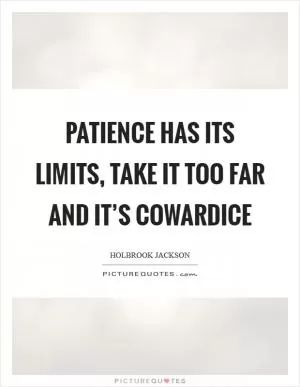
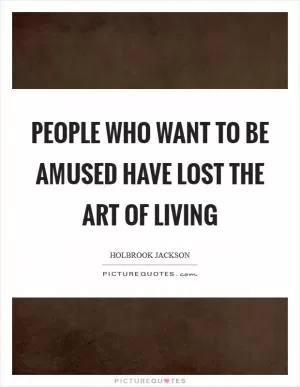

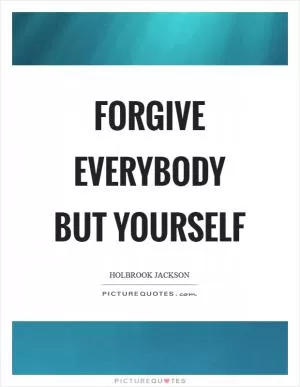
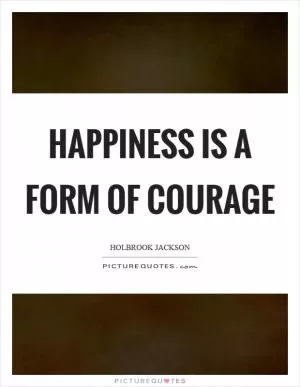



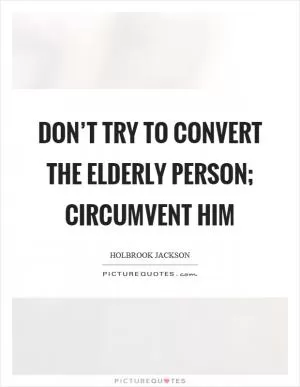



 Friendship Quotes
Friendship Quotes Love Quotes
Love Quotes Life Quotes
Life Quotes Funny Quotes
Funny Quotes Motivational Quotes
Motivational Quotes Inspirational Quotes
Inspirational Quotes